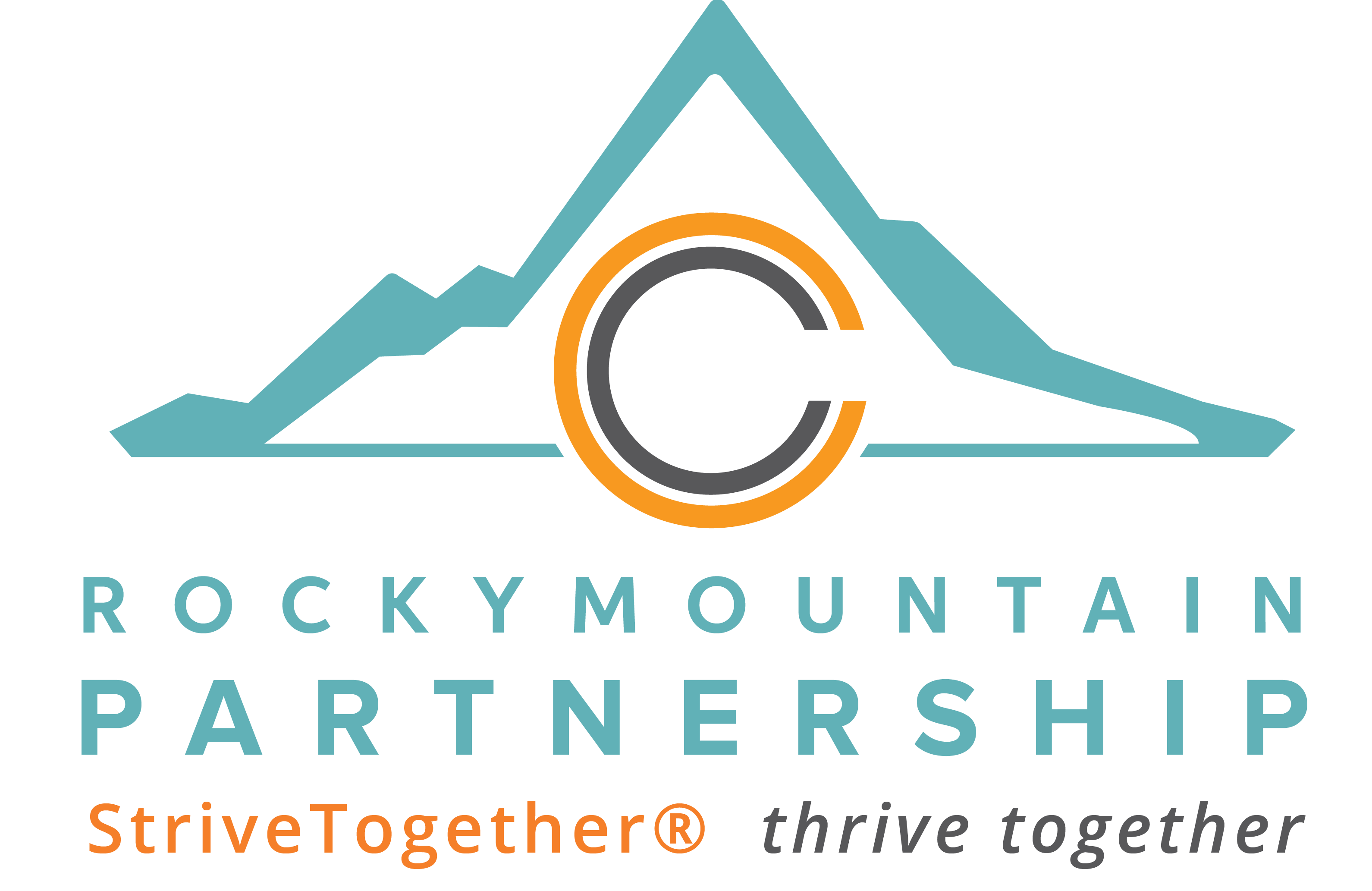Regional Growth Has Brought Challenges
| There are more than 19,000 job openings in our region. 70% of high-demand, well-paying jobs require some level of post-high school education or training. |  |
Only 39% of adults in our region have post-high school education or training required by most well paying jobs |
| The challenge intensifies as the increased cost of living outpaces earnings, making it difficult for many to afford living here. This not only threatens affordability but also poses a significant challenge for employers and the economy. |  |
53% of renters and 25% of owners are spending more than 30% of their income on housing |
| The soaring living costs impact talent attraction and retention, hindering the region’s ability to retain skilled workers. |  |
Each year, we need an additional 15K individuals earning skills and credentials towards good jobs to meet projected demands of employers in our region |
| Therefore, there is an urgent need to grow local talent pipelines to meet employer needs and create more pathways to good jobs, addressing the crucial issue of workforce development for sustained economic growth. |
Sources: Colorado Talent Pipeline Report; US Census Bureau American Community Survey, Colorado Labor Market Information (LMI) Gateway, Integrated Postsecondary Education Data System (IPEDS)
Current Efforts Are Not Working
Across the region, considerable resources are being invested and many committed individuals and organizations are working to tackle the various aspects of these challenges. However, too often, these efforts are fragmented and siloed, limiting their potential impact.
| Across the region, considerable resources are being invested and many committed individuals and organizations are working to tackle the various aspects of these challenges. However, too often, these efforts are fragmented and siloed, limiting their potential impact. |  |
In fiscal year 2021, Colorado spent approximately $2,047 per capita on public assistance (approximately $11.9 billion) |
| We have an opportunity to fundamentally transform our community and pioneer new approaches to collective action and upward mobility. This means engaging those most impacted by the challenges in shaping effective solutions that address root causes, and prioritizing performance metrics over operational outputs. |  |
Two in five Coloradans say they are worse off financially than they were a year ago |
| Together, we can build on the work underway and the dedication of countless individuals and organizations in our shared future. |  |
Without proactive measures, our region faces widening economic disparities, unmet workforce needs, and a strained community fabric |
Sources: RMP voice and perspective reports, RMP progress in Community Engagement Spectrum, Colorado Health Foundation Pulse Pull, Urban Institute, Colorado State Demographer’s Office

Learn More
 |
Contact Ashley Edinger, Senior Director of Institute and Strategic Supports, AshleyEdinger@RMPBackbone.org, with additional questions or to learn more. |
